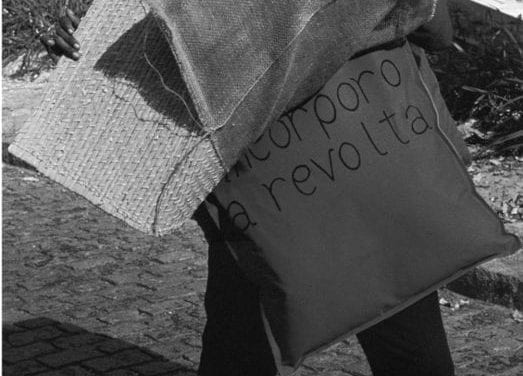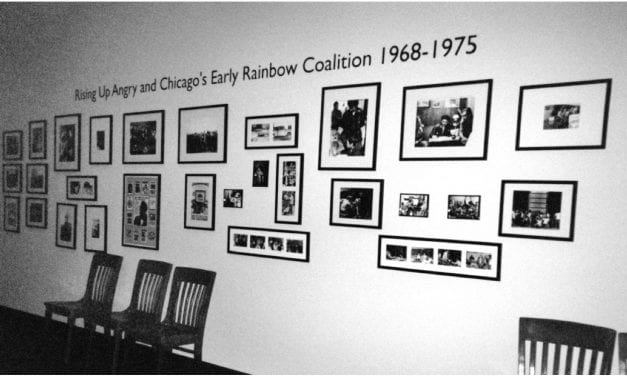From Selma to Salvador: African-American Echoes in the Brazilian Movimiento Negro
When James Brown released “Say It Loud: I’m Black and I’m Proud” in 1969, little did he know that his music, his swagger, and his style would play a prominent role in Brazilian blacks’ struggle for self-affirmation.
Brown certainly wasn’t the sole catalyst of the Brazilian movimento negro, which has yet to experience a large-scale, organized black movement as the United States did in the 1960s. Yet, Brazil—the country with …





